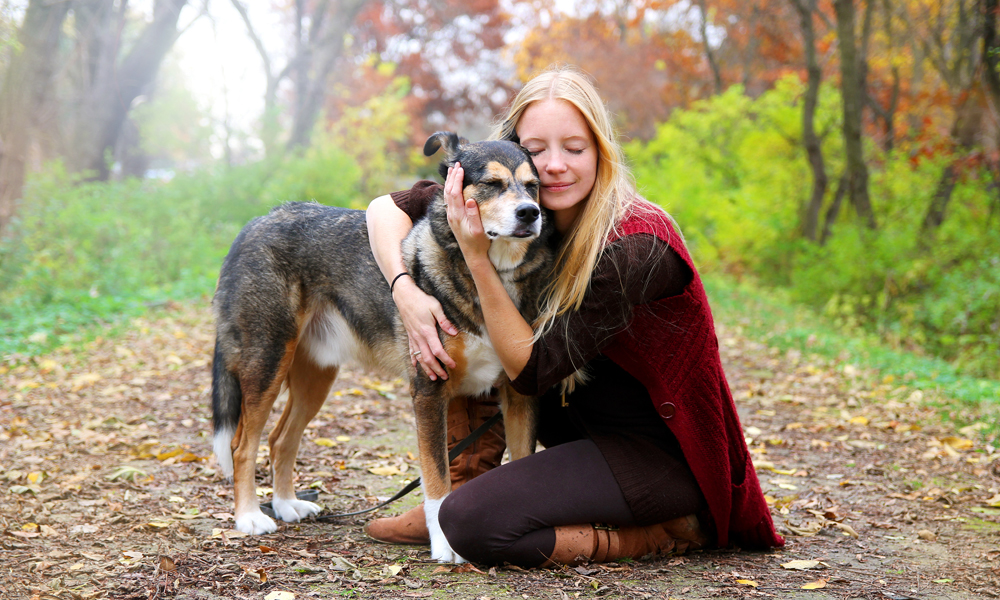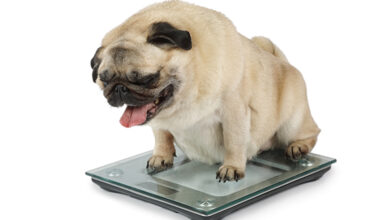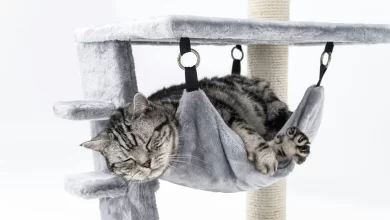Caring for Senior Pets: Aging Gracefully

As our pets age, they require extra care and attention to ensure they live their golden years comfortably and happily. Senior pets are prone to various health issues, such as arthritis, vision and hearing loss, and cognitive decline. However, with proper care, you can help your furry friend age gracefully and maintain their quality of life.
Regular Veterinary Check-ups
Regular veterinary check-ups are essential for senior pets to detect any health issues early on. Your veterinarian can perform a thorough physical examination, blood tests, and other diagnostic tests to identify any underlying health problems. Early detection can help manage health conditions effectively, such as arthritis, kidney disease, or diabetes. Your veterinarian can also advise you on any necessary dietary changes or supplements for your senior pet.
Diet and Nutrition
Diet and nutrition play a vital role in keeping senior pets healthy and happy. As pets age, their metabolism slows down, and they may become less active, leading to weight gain. Obesity can lead to various health issues, such as heart disease, diabetes, and arthritis. Feeding your senior pet a well-balanced diet, with the right amount of protein and fats, can help maintain a healthy weight and prevent health issues. Your veterinarian can recommend a suitable diet based on your pet’s age, health condition, and activity level.
Exercise and Mental Stimulation
Regular exercise and mental stimulation are crucial for senior pets to maintain their physical and mental well-being. However, you need to modify their exercise routine based on their age and health condition. Shorter walks, gentle playtime, or low-impact exercises can help keep them active and prevent muscle loss and stiffness. Mental stimulation, such as puzzle toys or treat-dispensing toys, can help keep their minds sharp and prevent cognitive decline.
Comfortable Environment
A comfortable and safe environment is essential for senior pets. As they age, they may experience vision and hearing loss, making them more prone to accidents. Providing them with a comfortable bed, easy access to water and food, and a clutter-free environment can prevent accidents and ensure their safety. You can also make modifications to your home, such as adding ramps or stairs, to make it easier for them to move around.
Quality Time and Attention
Lastly, senior pets need love, attention, and quality time with their owners. As they age, they may experience anxiety or depression due to health issues or changes in their routine. Spending quality time with your senior pet, such as cuddling, playing, or grooming, can help reduce stress and anxiety and strengthen your bond. Additionally, you can consider hiring a pet sitter or dog walker to provide them with companionship and exercise while you’re away.
Senior pets require extra care and attention to ensure they age gracefully and maintain their quality of life. Regular veterinary check-ups, a balanced diet, regular exercise and mental stimulation, a comfortable environment, and quality time with their owners are essential in caring for senior pets. With proper care and attention, you can ensure your furry friend lives their golden years comfortably and happily.





